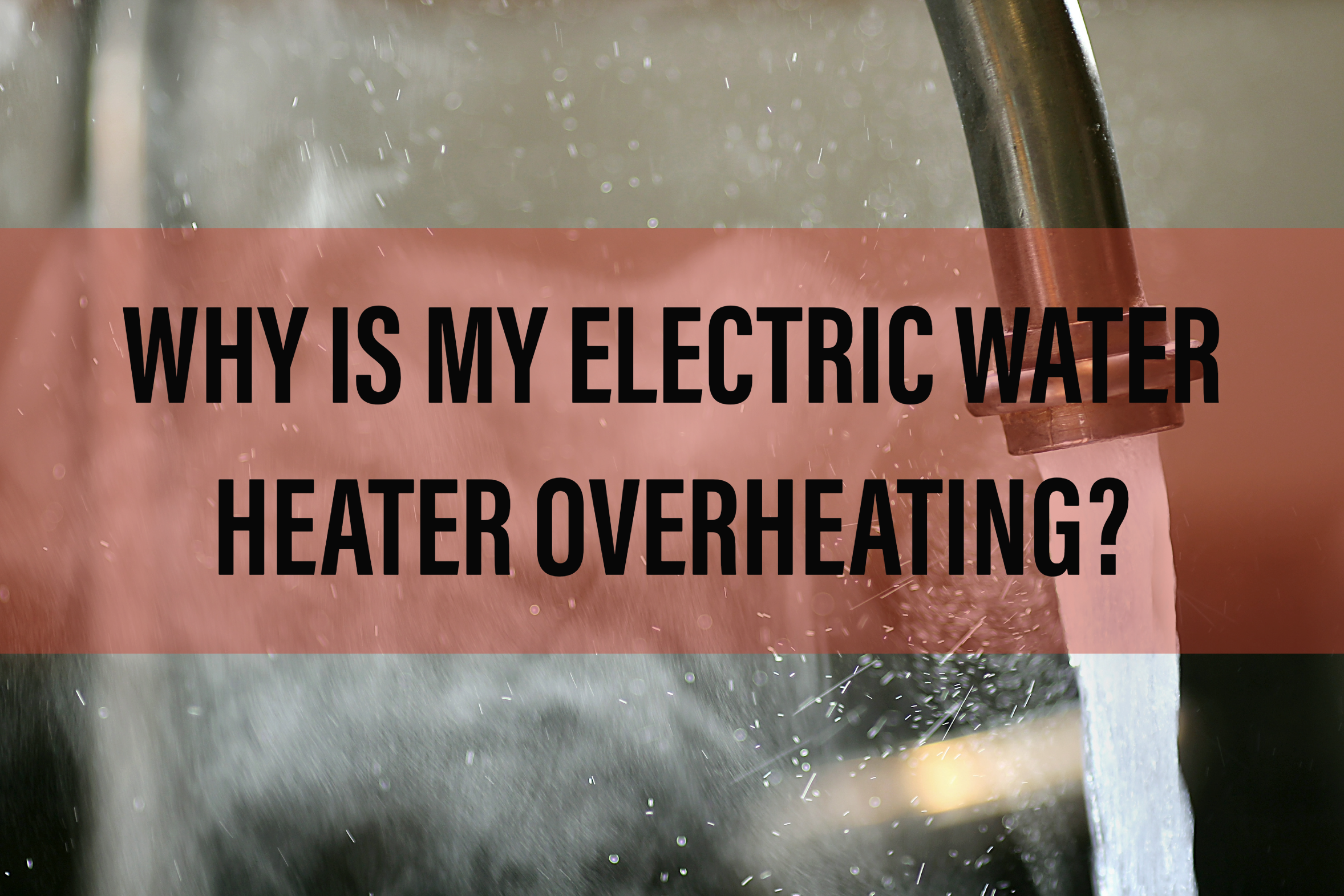One of the most common issues encountered with electric water heaters is excessive overheating, resulting in scalding water from sinks and showers. Moreover, prolonged overheating can lead to water heater damage. So, if you find yourself facing this situation, you may be curious about the causes of overheating and the appropriate course of action. Fortunately, you can rely on the expertise of Upper Arlington Plumbing & Drain the top three reasons explaining potential overheating in your electric water heater:
1. The Thermostat
The thermostat in your electric water heater plays a vital role in maintaining the water temperature inside the tank. It serves as the control center, determining when to activate the heating element to ensure your water remains at the desired temperature. For example, if the thermostat is set excessively high, it will consistently heat the water to that elevated temperature, regardless of necessity. This not only leads to energy wastage but also poses a risk of excessively hot water. Another reason is a malfunctioning thermostat, which may result in inaccurate water temperature measurement or improper control of the heating element. Consequently, the heating element may remain active for longer durations, potentially causing overheating.
To determine if the thermostat is the cause, begin by verifying that it is set to the appropriate temperature. If the problem persists, it is recommended to contact a professional for an inspection and potential thermostat replacement.
2. The Heating Element
The heating element is a crucial component responsible for heating the water in your electric water heater. Like any mechanical part, it may experience wear and tear over time, leading to inefficiency. A malfunctioning heating element may become stuck in the “on” position, causing the water to continuously heat, even after reaching the desired temperature. This persistent heating can result in overheating.
If there is a suspicion of a malfunctioning heating element, it is advisable to seek professional assistance. A licensed plumber can diagnose the issue and, if required, replace the element to ensure proper functioning.
3. The Buildup of Sediment
Over time, sediment, primarily comprised of minerals and debris from the water supply, can accumulate at the bottom of the water heater tank. (Hence the significance of regular maintenance!) Accumulated sediment functions as an insulating layer, forming a barrier that hinders efficient heat transfer between the heating element and the water. Consequently, the heating element encounters difficulties in effectively transferring heat, ultimately resulting in overheating.
To effectively manage this type of sediment buildup, the tanks will need to be thoroughly flushed out. Due to the involvement of water and electricity, it is highly recommended to enlist the services of a licensed plumber for this task, ensuring safety and efficiency.
An overheating electric water heater is a pressing issue that needs to be immediately addressed. If not, it can evolve into a larger, more costly issue. So, if you encounter overheating problems, please do not hesitate to contact us. We’ll get you up and running again in no time!
Call Upper Arlington Plumbing & Drain today at (614) 363-1924, or schedule an appointment by clicking here!




